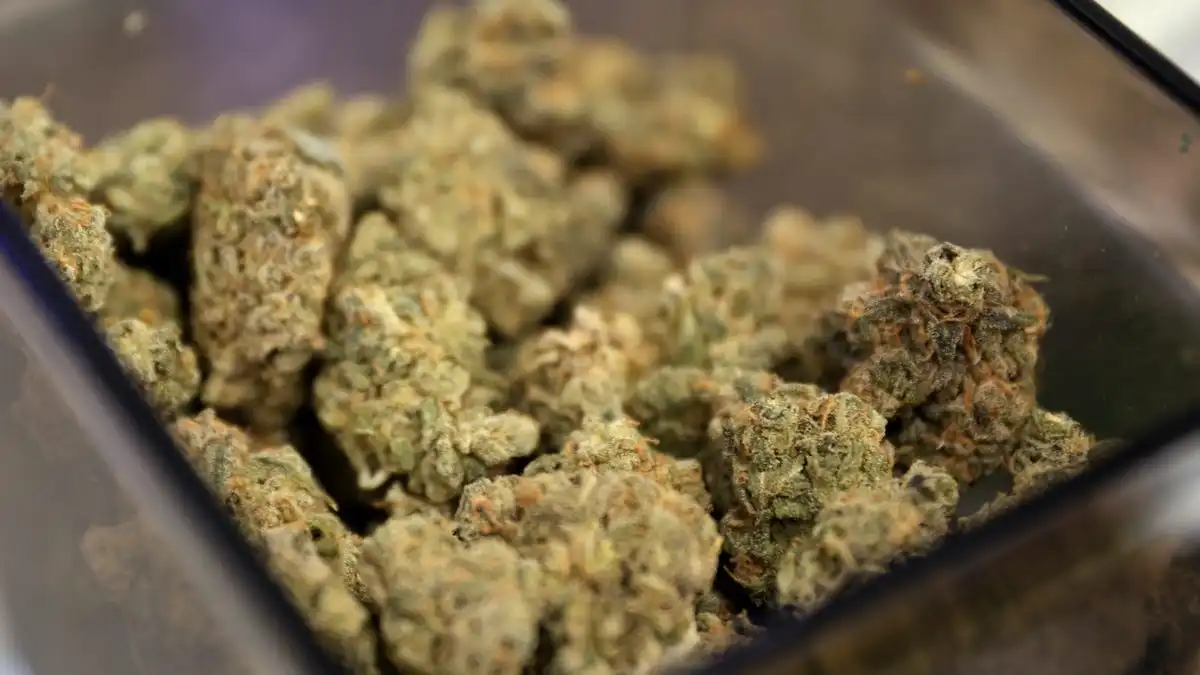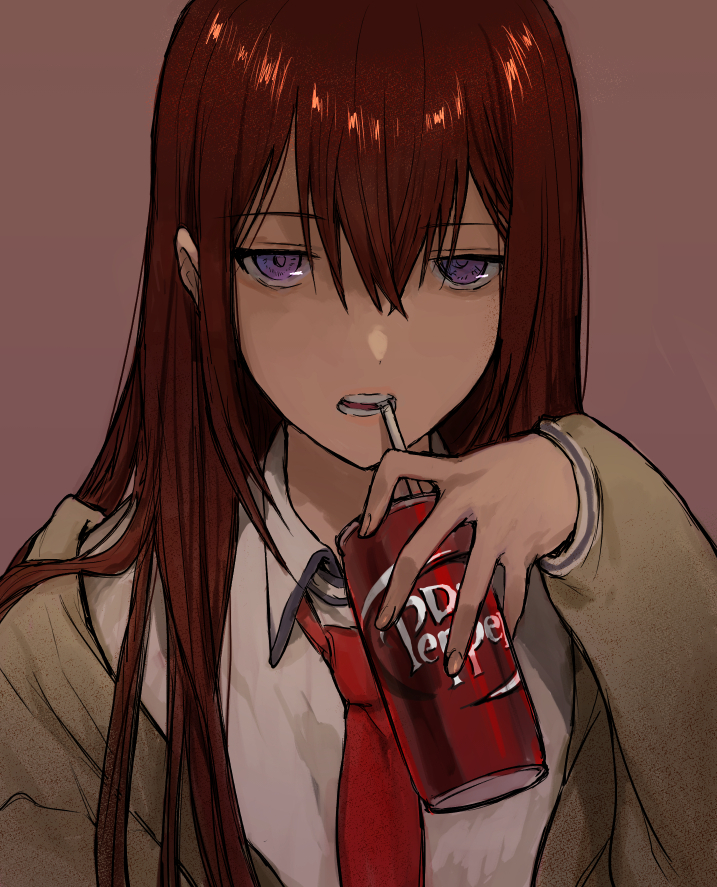With the president’s decision to drop out of the race, he has effectively begun a longer lame-duck period, which is historically when most presidential clemency grants have occurred.
Not so sure it’s correct to say he’s already in the “lame duck” phase the article mentions where most presidents stuff their clemency grants. It might be true in a literal sense, but public perception is presumably the main reason presidents wait until that period for this sort of thing, and I’m sure he’s still very conscious of how his own PR could affect Harris’s campaign.
I’d argue that it should be seen by party rather than by individual. So the real lame duck period doesn’t start until it’s clear that the White House is about to change parties. This is much shorter (election in Nov, new Prez sworn in late Jan) and also covers the period major winter holidays (so don’t expect too much to get done).
By the article’s logic, every president elected to a second term has entered their lame duck phase the day after the election.
Came on just to say this. I’d argue that it’s by party rather than by individual, so with the Dems trying to get another term Biden has to be careful not to throw a spanner into the works for Harris.
The letter referred to mentions “more than 150 people currently serving federal sentences for non-violent cannabis-related offenses” – not the “estimated 3,000 individuals still incarcerated in our federal prison system for cannabis” that the article states.
Almost all non-violent cannabis-related offenses are state convictions, for which the president has no pardon power. This article seems to gloss over that fact. As others in this thread have stated, no such action is going to happen until after the election anyway.
Whle I don’t disagree with the main thrust of this opinion article, it’s a bit misleading and unrealistic in its timeline.
unrealistic in its timeline?
people have waited for decades for a president from any party to give any amount of shits
I’ll be shocked if he actually keeps his word.




